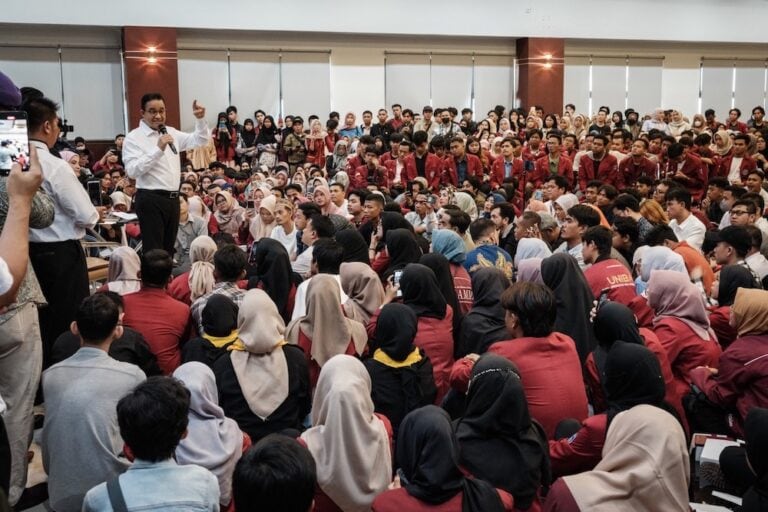(RSF/IFEX) – In two more days of testimony on 9 and 12 February 2007 to a coroner’s court in Glebe, Sydney, witnesses provided more details about the circumstances in which cameraman Brian Peters and four other journalist working for Australian TV stations died in the East Timor border village of Balibo on 16 October 1975. […]
(RSF/IFEX) – In two more days of testimony on 9 and 12 February 2007 to a coroner’s court in Glebe, Sydney, witnesses provided more details about the circumstances in which cameraman Brian Peters and four other journalist working for Australian TV stations died in the East Timor border village of Balibo on 16 October 1975.
A former fighter with the Fretilin guerrillas, who was 16 at the time, confirmed on 9 February that the fighting had stopped before the Indonesian army entered Balibo. After exchanging shots for an hour, the Timorese had pulled out of the town. Before withdrawing from his position, he said he saw Peters and another journalist approach them to film the offensive, including a warship that had bombarded the locality.
He added that he had come to testify in Sydney in order to do his duty towards the Timor “martyrs” who had died on his country’s soil. Another former Fretilin combatant confirmed this account of the Indonesian offensive.
On 12 February, a former Fretilin officer, Col. Subico, confirmed that the journalists never participated in any armed operations and did not use Fretilin’s radio transmitter. He said he had asked the journalists to withdraw from the village as the Indonesian troops approached. They refused because they were waiting for Peters and another journalist, who had gone towards a fort to film the Indonesian advance.
By 7:30 a.m. (local time) there were no longer any Fretilin members in the centre of the village, he said. After stressing that the footage filmed by the journalists would have shown that Indonesia was invading Timor, the former rebel officer ruled out any possibility that they were killed in an exchange of shots.
A witness identified as “P1” who was an aide to Indonesian army Col. Dading Kalbuadi told the court on 12 February that he was in Balibo from 4 p.m. to 7 p.m. on the day the five journalists were killed. He said he saw the bodies in a house. Portuguese army uniforms had been put on them and automatic rifles that no longer worked had been placed near the bodies, he said. In the course of the following week, he saw an Indonesian soldier with a camera of western make, and another soldier with a western watch. He added that many soldiers subsequently boasted of having killed one of the journalists, thereby hoping to be promoted.
Finally, a witness identified as “G7” who was a Fretilin agent who infiltrated the Indonesian army testified that three days later, he and other soldiers and militiamen were sent to “clean up” the house where the journalists were killed. An officer ordered them to burn the bodies again and to disperse the remains. The witness burst into tears after describing this macabre task.


